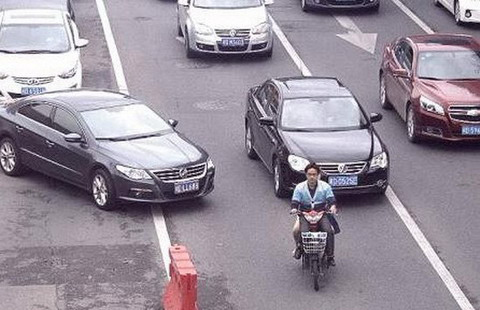Silk Road initiatives fit into EU recovery goals
By Fu Jing (China Daily) Updated: 2014-11-29 09:08The EU is on the verge of slipping into its third economic recession in six years, and it is high time it started thinking laterally. China's Road and Belt Initiatives can give it a fresh burst of enthusiasm even as it presses on with long-awaited structural reforms.
At the turn of this century, China decided to expand its opening and reform drive to the hinterland by implementing its go-west strategy. Nowadays when you consider the EU and its 28 member states, you could be forgiven for having an eerie sense of deja vu, for Europe's eastern, central and southern regions lag behind those of the west and the north.
Just as the disparity in wealth between Chinese regions gave the central government the impetus to act to fix this, Europe now has similar reasons - and opportunities - in dealing with its economic disparities.
For example, some have talked of turning the geopolitically important Greek capital, Athens, into a Mediterranean shipping and financial center akin to Hong Kong or Shanghai.
Consider, too, the EU's rather modest ambitions to upgrade its infrastructure. It has less than 7,000 kilometers of high-speed rail and plans to extend this to 15,000 km by 2030. I say modest because it has had high-speed rail since the 1980s. China, on the other hand, said hello to the age of high-speed rail little more than six years ago, and now its high-speed lines run for 13,000 km, and by 2020 will stretch to 30,000 km.
In imitating China's plan, the EU needs to think ambitiously - for example building a high-speed railway or highway to link Beijing, Brussels, Paris and even London.
These plans are not pie in the sky but utterly feasible. Beijing and Moscow have been working on plans to link to each other by high-speed rail, and Moscow is not far from central and eastern Europe.
But the EU, compared with its member states, is still conservative when it comes to expanding its relationship with China. It wants to conclude investment talks between China and the EU first. It is not even willing to start free trade agreement talks with China, which sharply contrasts with the EU's desire to quickly strike such a deal with the US.
However, the EU will have not just one but two great chances to put its cards on the table with China next year, when they meet at two summits. It may well be then that China's westward stare will meet Europe's eastward glance, and the EU will then have some positive things for Beijing's Silk Road projects.
The author is China Daily chief correspondent in Brussels. fujing@chinadaily.com.cn











